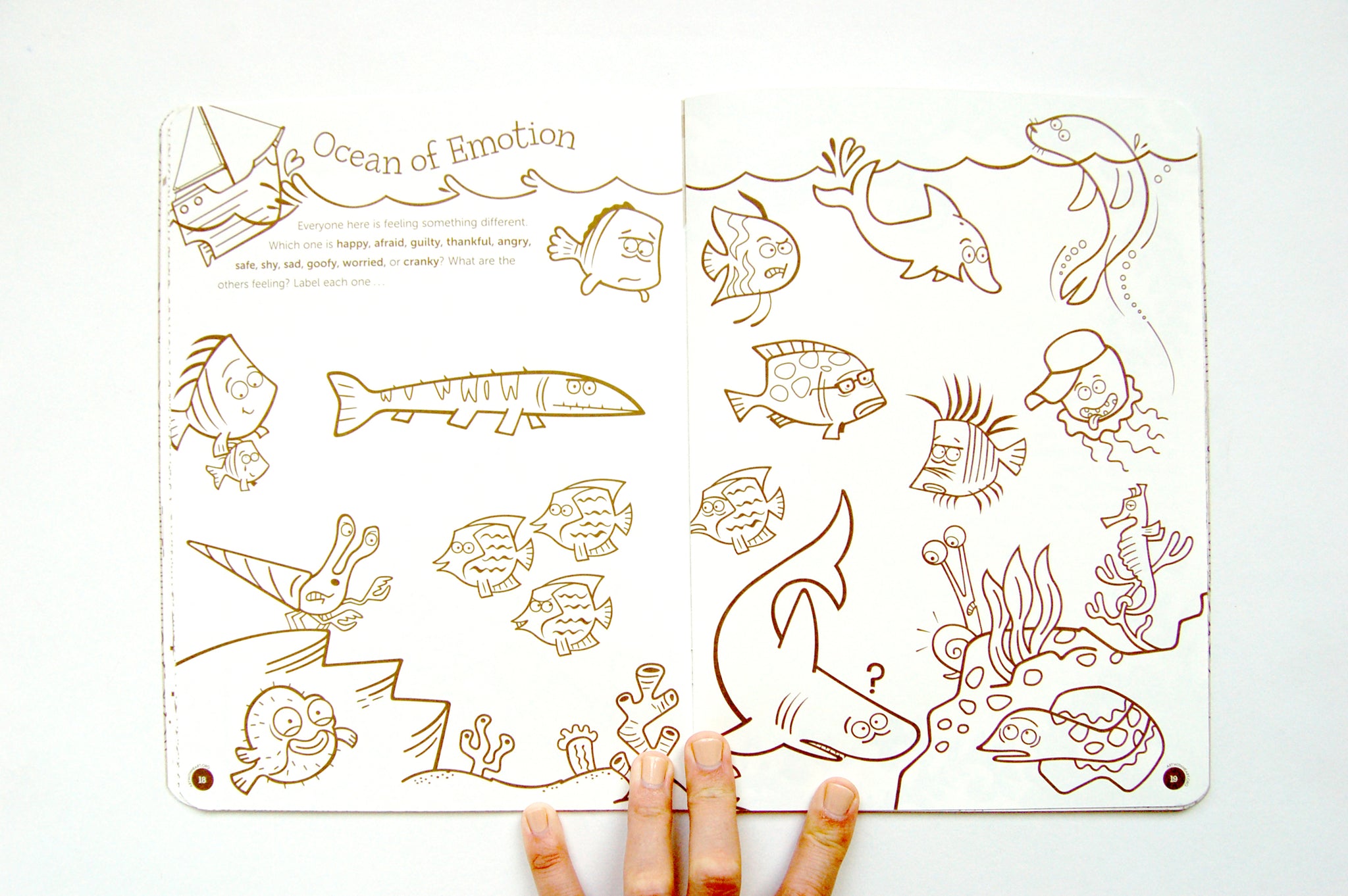

You do it for yourself, and yourself only. Keep it fun, take it easy, and don't be hard on yourself for not being as good as someone who has practiced for years.

You need to set the good enough yourself. It's you who sets your goals, so don't make them painfully hard to reach on purpose. You don't! Stop comparing yourself to them, and instead see if you can be better than you were yesterday-that's all you need to be satisfied. You just want to be satisfied with your works, and you happen to think you need to be as great as professionals for it. Remember: you don't want to be a great artist. I've elaborated on the topic of critique in this article, so if you're feeling it's something you have a problem with, make sure to read it. And would you rather be a great, stressed artist, or just be a bad, but fulfilled one? More, you give power over your mood to people who don't really care about it! Even if it makes you a good artist, eventually, you'll be constantly stressed about not being good enough.

When you rely for your satisfaction on the opinion of others, you'll never be fulfilled. Do you remember that feeling when you were so proud of your work until someone critiqued it? Why does your satisfaction go away so easily only because a random stranger stated their opinion? If you want to draw beautifully only to feel that old sweetness of praise, prepare for a lot of suffering.
.jpg)
It's also true from the other side- no matter how bad you are at drawing, it doesn't make you less worthy. You must understand that no matter how good you are at drawing, it will not make you a better, more valuable person than you are now. If there is a way to be perfect, it's to stop trying. When you think you know 99% of something, that last 1% shows you how wrong you were and once you get it, that new thing opens your eyes to a new world of things yet to learn. You'll never think of your skills: "I'm a great artist and I don't need to learn anything else, I just do it for fun at this point." It's not going to happen! There will always be something you can't do, something that would complete you. That's how we're constructed, so just accept it. There is no point where you'll be good enough. That's why you may whine that you can't draw a stick figure as if it were some worthy skill, and someone who can draw a stick figure whines that they can't draw a real human. Once you reach your goal, it loses its power and you're looking for something else, something stronger. Today it may seem so amazing to be able to draw a stick figure, but only because you can't do it yet. However, you miss one important point-your needs change with you. There's a certain way to go between these two points, and it seems like something you can do. "This is me today, and this is me when I reach the goal," that's what you imagine. When you set up your goal, it may look completely plausible. There are more, so read this part carefully before starting the exercises. I've already given you one piece of advice- compare your skills to your future self, not to others. When you decide to learn something, the right attitude is far more important than all the textbooks in the world. I'll present a set of exercises for absolute beginners-some of them you may find obvious, but it will only mean you're a bit more advanced than you thought! Ready?
Drawit to know it book how to#
If you've wondered how to start after such a long break, here you'll find the answer. I'll lead you through four big stages that you'll reach at your own pace. I won't show you how to draw-you wouldn't even want that! Instead, I'll show you how to learn to draw. Doesn't it sound more possible than becoming as good as someone else in no time? If you agree with me, join me in this great quest. Being better than yesterday is your goal. Once you set your future self as your point of reference, you'll be constantly progressing. That "future you" should be your ideal, because becoming as good as him or her is what depends on you, not the skill/determination of others. There's your dream about you drawing what you want, in any style you want, without being constantly critiqued for your mistakes. But it's not them you should be catching up on. How could you possibly bridge that gap? Will you ever catch up on them? Those children who never gave up are working as professionals now, and their art looks almost magical. Now, whatever the reason, you want to come back, but it seems so scary. Whenever you heard someone else being praised, and your own work ignored, you felt worse and worse. Not that you knew what "better" meant-all you knew was the sweetness of praise. But even then you might have noticed that some children drew better than you. It was easy back then, no matter if you used color pencils, a stick, or your finger on a steamy window.


 0 kommentar(er)
0 kommentar(er)
